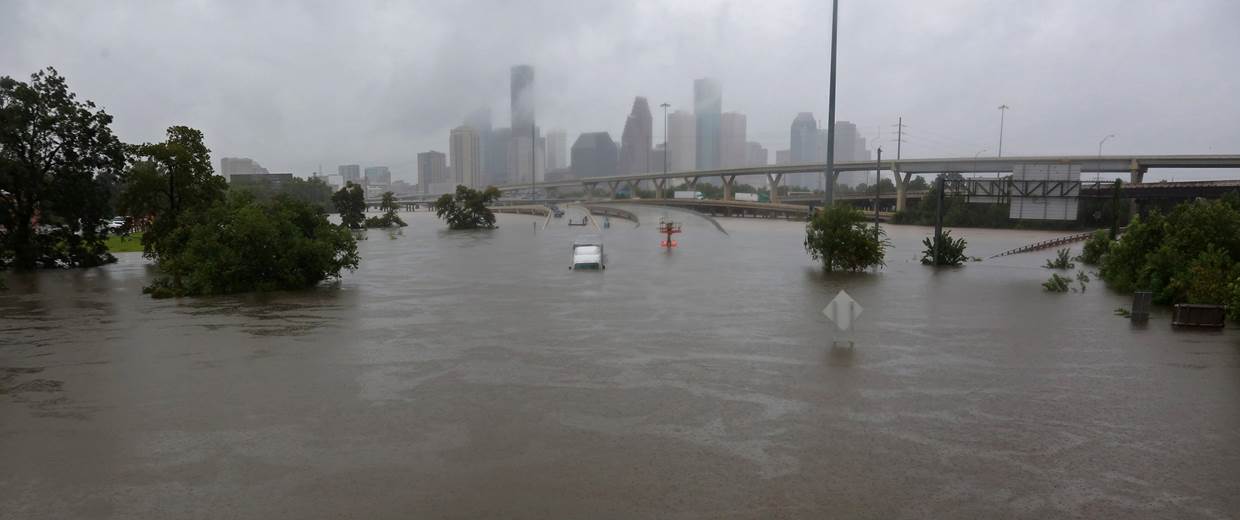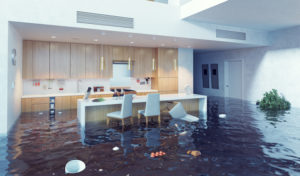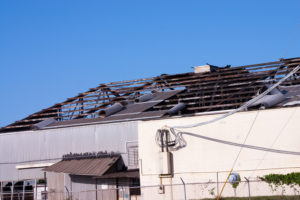We Are Helping Hurricane Victims With Insurance Disputes and Denials
Junell & Associates is helping homeowners and businesses with their property damage claims after Hurricanes Harvey, Irma, and Maria devastated our nation.

Hurricane Harvey dumped 27 trillion gallons of water on Texas over six days. 6.4 million people in Florida fled their homes during Hurricane Irma. No one in an ICU unit in Puerto Rico survived Hurricane Maria. All of it happened during the summer of 2017, and all of it boggles the mind.
And yet, these are just statistics. Numbers on a screen. They cannot possibly come close to describing the personal and real loss felt by the hundreds of thousands of Americans whose homes are damaged or no longer there, whose loved ones are no longer living, or whose businesses will never open again.
Hurricane Insurance Disputes and Denials Can Make the Tragedy Worse
No attorney can ever bring back what was lost. But a never-ending maze of insurance forms, claims adjusters, proof of loss deadlines, and conflicting answers to complex questions only makes the disaster worse! In those cases, a good attorney can make life much easier, and help you get fair compensation. Not a replacement—that is not possible. But fair compensation. Because unfortunately, too often the insurance process following hurricane tragedies is simply not fair.
Windstorm Claims vs. Flood Claims
When talking about insurance claims, particularly for business owners and homeowners, it is helpful to distinguish between flood damage and wind damage.
FLOODS: Many new home mortgages require flood coverage, but it’s been estimated that over 80% of Texans affected by Harvey’s flood waters had no flood insurance. Anyone who has purchased a home knows that homeowner policies do not cover floods. Flood claims are typically controlled by the National Flood Insurance Program (NFIP), which is part of the Federal Emergency Management Agency (FEMA). In every flood case, it is imperative to check the policy that applies to your home or business because most policies have unique circumstances. If your copy of the policy was destroyed in a storm, call your carrier’s agent and they can help you.

A typical scenario of a flood claim goes like this: your home took in water. Your homeowner’s policy does not cover floods, obviously. Your FEMA coverage will often reimburse up to the water line (and up to $250,000, generally). But what about your custom kitchen cabinets that must be torn out to repair the walls? “Above the water line—not covered,” says the adjuster. Scenarios like this are happening hundreds of times a day right now. What should you do? Call Junell & Associates. We can help.
WIND: Windstorm damage (as it is called in the insurance industry) is different, though. This is damage caused by a “wind-made opening.” And this is the area of the law that changed in Texas on September 1, 2017, just after Harvey hit. Windstorm damage, like floods, can be controlled by an entity outside your homeowner’s policy. For example, Texas has the Texas Windstorm Insurance Association (TWIA), and if you live on the Gulf coast of Texas, then your windstorm damage recovery will be dictated, in part, by TWIA.

Consider this scenario: your business was flooded, but the roof is also leaking from the storm. Those could be separate claims handled by separate entities, with the flooding being handled by FEMA, and the roof being categorized as windstorm damage. It’s not necessarily intuitive, but knowing the difference between damage types can mean the difference between getting reimbursed and a total loss. And a lot will be determined if your policy has a wind-made opening endorsement.
Different Policies Cover Different Types of Damage
FEMA’s flood coverage is specific about what it does and does not cover. For example, commercial coverage allows recovery for structural damage to the building, but not to anything damaged outside the building, and not for financial loss during business stoppage. Residential coverage allows for recovery for personal items and A/C units, but not for temporary living expenses while your home is unlivable, and not for property outside the home, including vehicles.
Individual policies run the gamut on what they do / do not cover, and there are added wrinkles surrounding deductibles and claims for lost income, temporary housing expenses, and even property inside vehicles that were submerged. Each case will be different, and each will require its own level of endurance to get you back to whole. But do not give up! And do not discount the value of legal help in this incredibly difficult time.
How Do I Dispute a Low Estimate From an Insurance Company?
Again, knowing the difference between claims can mean a lot in these situations.
FEMA’s rules for filing claims is specific, and most “proof of loss” claims must be filed within 60 days. FEMA is a federal agency, so failure to follow the rules can result in major procedural headaches at the least, and denial of claims at the worst.
Private insurance disputes can be different, but no less strict. Generally, though, here are some good guidelines:
- Document all your damage with pictures and even video.
- File your claims as soon as possible, taking care to make sure everyone is safe beforehand.
- Do not throw your damaged property away until the claims adjuster has seen it.
- Keep copies of every communication with the insurance company, always!
- If you dispute what the insurer is offering you, then do not sign the Proof of Loss documentation! Call Junell & Associates instead.
Call Junell & Associates For Free
The attorneys at Junell & Associates live here, we lived through Harvey, and we are waiting to talk to you.


The legal maze of your property damage claim can seem daunting at best. Insurance companies have laws about how quickly they must accept or deny a claim. But claims in coastal counties are often controlled by separate entities like TWIA in Texas, which has its own set of rules for how quickly claims can get paid and what to do if there are disputes. Then there is an appraisal option…it can (and does) go on and on and on!
Simply put, it is in your best interest to contact an attorney who can help you navigate the choppy insurance waters ahead.
Call us for a free consultation on your legal options surrounding hurricane damage to your property, or fill out the form on this page. We would love to help you as best we can. It’s why we are a law firm in the first place.




